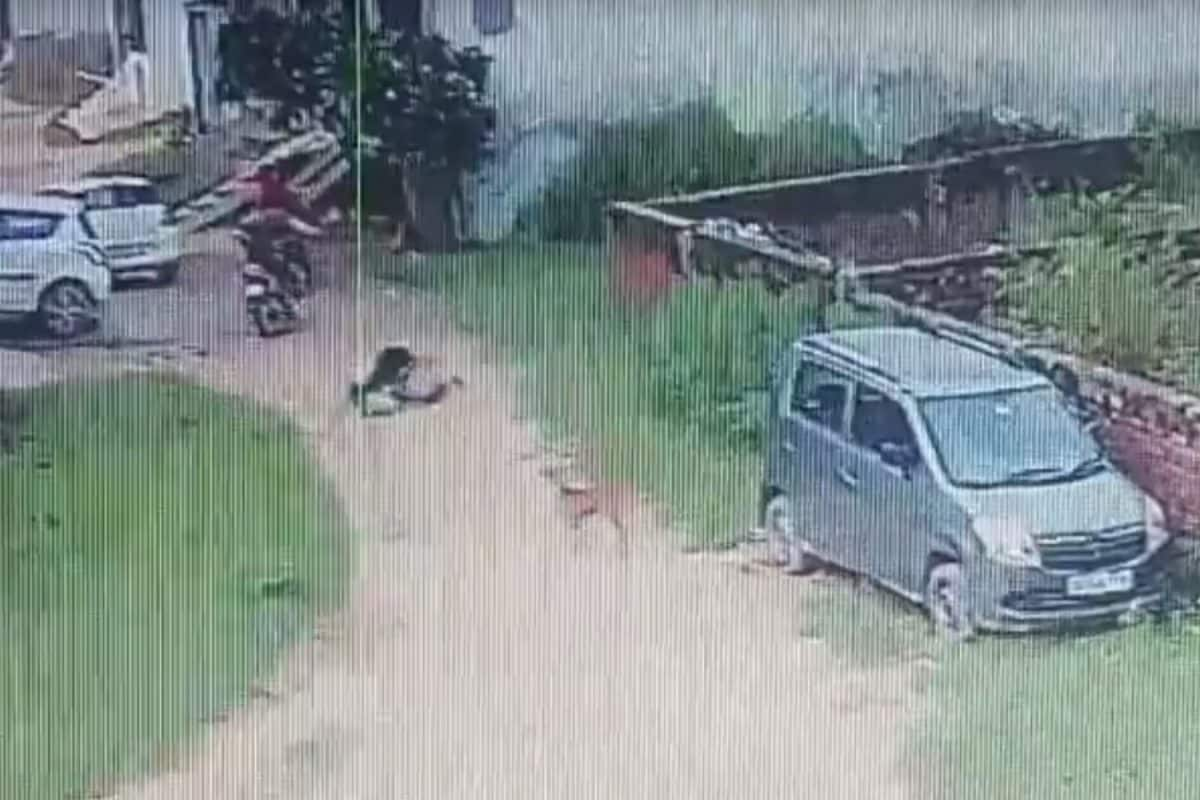

In Uttar Pradesh, a distressing incident has come to light involving an eight-year-old child who was attacked by a stray dog. The attack occurred without any provocation from the child, raising concerns about the increasing stray dog menace in the region.
Reports indicate a surge in stray dog attacks across Uttar Pradesh. In a recent incident in Bangarmau tehsil, a four-year-old boy suffered severe facial injuries after being attacked by a stray dog. Similarly, another three-year-old was attacked and injured by a stray dog while returning from school. These incidents have created an atmosphere of fear among villagers, who are now worried about the safety of their children.
The problem isn't limited to rural areas. In Lucknow, residents of high-rise apartments are seeking action against the growing stray dog population after a four-year-old girl was bitten within an apartment complex. Residents say this wasn't an isolated incident, as the same dog had reportedly attacked other children in recent days.
The rise in dog bite cases isn't unique to Uttar Pradesh. Delhi has seen a significant increase in dog bite incidents, with cases rising nearly 277% in just two years. Hospitals in Delhi are reporting overcrowding due to the surge in cases. The Supreme Court has taken notice of the issue, terming the rising number of dog-bite cases and deaths as "deeply disturbing," especially among children and the elderly.
In response to the escalating crisis, the Supreme Court has ordered authorities in Delhi-NCR to immediately remove all stray dogs and house them in shelters. The court has stressed that no dog should be returned to public spaces to protect citizens from rabies attacks. The order aims to restore public safety by removing stray dogs within eight weeks, with full support from Delhi and municipal bodies.
However, the Supreme Court's order has sparked debate, with some supporting the decision as a "relief" and others warning that it could worsen human-dog conflict. Animal protection groups have criticized the order as inhumane. Concerns have also been raised about the feasibility of building and staffing enough shelters for the large number of stray dogs in Delhi.
The Animal Birth Control (ABC) Rules, 2023, dictate the current practice of capturing stray dogs, sterilizing them, and releasing them back into the streets. However, the Supreme Court's recent order may render this practice obsolete. The Municipal Corporation of Delhi (MCD) has already ordered that dogs admitted to its hospitals and sterilization centers should not be released after recovery.
The problem of stray dogs is a complex issue with no easy solutions. Some cities are implementing measures such as sterilization and anti-rabies vaccination programs. The Netherlands has successfully eliminated its stray dog problem through government-funded sterilization, strict animal welfare laws, and a nationwide adoption drive.
Addressing the stray dog menace requires a multi-faceted approach that includes responsible pet ownership, effective animal birth control programs, and public awareness campaigns. It also requires a compassionate approach that considers the welfare of both humans and animals.